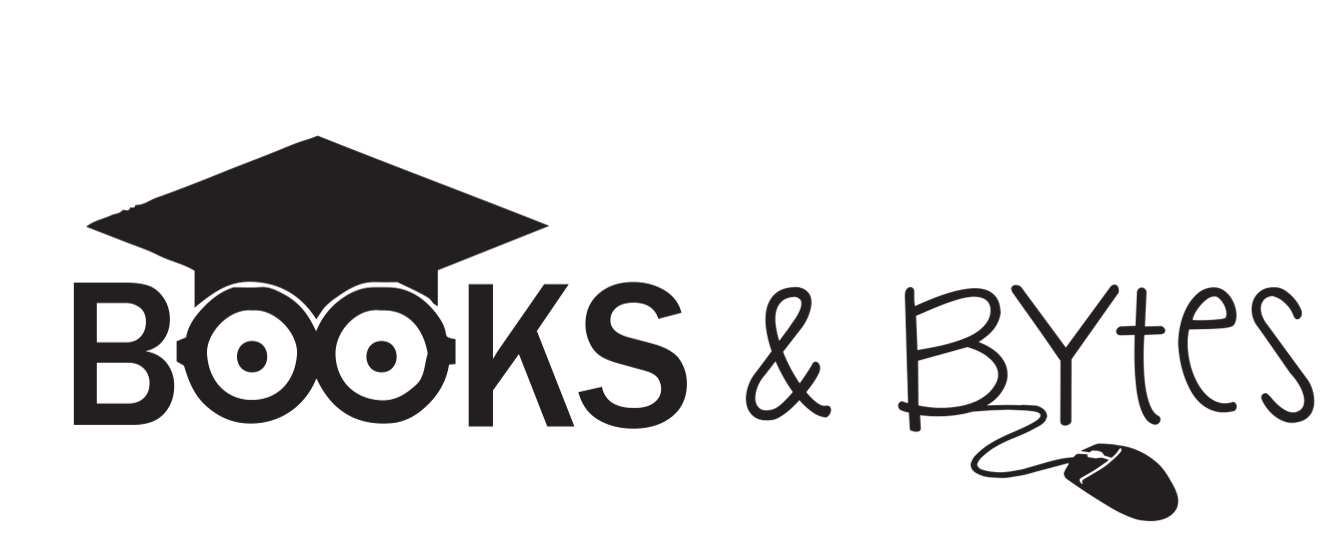End of the Year Library Tips
Maximize your end-of-year library routines with these practical tips—covering overdue book collection, paperwork organization, and planning ahead.
So you’re ready to make your life easier at the end of the year?! Yay! You deserve it!
Please Note: Every library is different, and each school and school board have different expectations of timelines and tasks at the end of the year. The ideas you’re about to read work for me in my library in Ontario, Canada. Although you might have some differences or limitations, I hope these simple points will work for you in some way!
Tip 1: Create an Overdue-Books Timeline
This is the most stressful time of year! Map out all deadlines and work backwards from your board’s required inventory reconciliation date.
For example, in Ontario, where year-end lands in late June, your June timeline could look like this:
We always finish school in the last couple days of June, so my timeline spans the whole month of June. Each year is a bit different, but this is usually what I do…
First week of June - Book-exchange ends – notify staff/students via announcements, emails, and posters.
Second week of June - Send class-specific overdue lists to teachers and start collecting books.
Third week of June - Send personalized overdue notices (editable templates work great); follow up in person. I use these Editable Overdue Notices and send one to all students (and teachers!) with outstanding books. I usually try and talk to most of these students in person as well.
Last week of June - send second notices. I’m always hopeful my outstanding list is very small by this time! I hand deliver these notices to these students. During this week I collect any fines, and delete (or mark lost) the books that have not been returned.
For more strategies on recovering overdue books, check out: 4 Ideas for Collecting Overdue Library Books
Tip 2: File Paperwork & Sort Books
Start by organizing stray books from your office, counters, and closets. Categorize them into shelving, repair, or weeding piles. Clearing this clutter frees up space for the upcoming year.
Next, tackle paperwork: recycle unnecessary documents and file the rest. Digitize what you can using tools like OneNote or spreadsheets—then recycle the hard copies. Clean counters and empty drawers leave you fresh and organized when school starts again!
Tip 3: Make a List of Notes for the New School Year
This small habit has major payoff. Reflect on your current year and jot down ideas, goals, and reminders so nothing falls through the cracks—especially after a long summer break.
Sample notes:
Begin coding lessons earlier
Launch login-challenge boot camp one week in advance
Order new robots for Grades 2–3
Add titles to junior-fiction collection
Use staff-collab sign-up sheet again
Create folder in Google Drive for collaboration meeting templates
Location of laptop-cart keys
These reminders make transitioning back in September a breeze!
Don’t Forget: Take Care of Yourself!
A gentle reminder: don't stress if you can't tick off every task. Prioritize what matters most now—many things can wait until August/September. You've done enough!
Resources You Might Like
Join our FREE Resource Library for ready-to-use lessons and activities.
Best of luck with the end of the year!
Jenn


